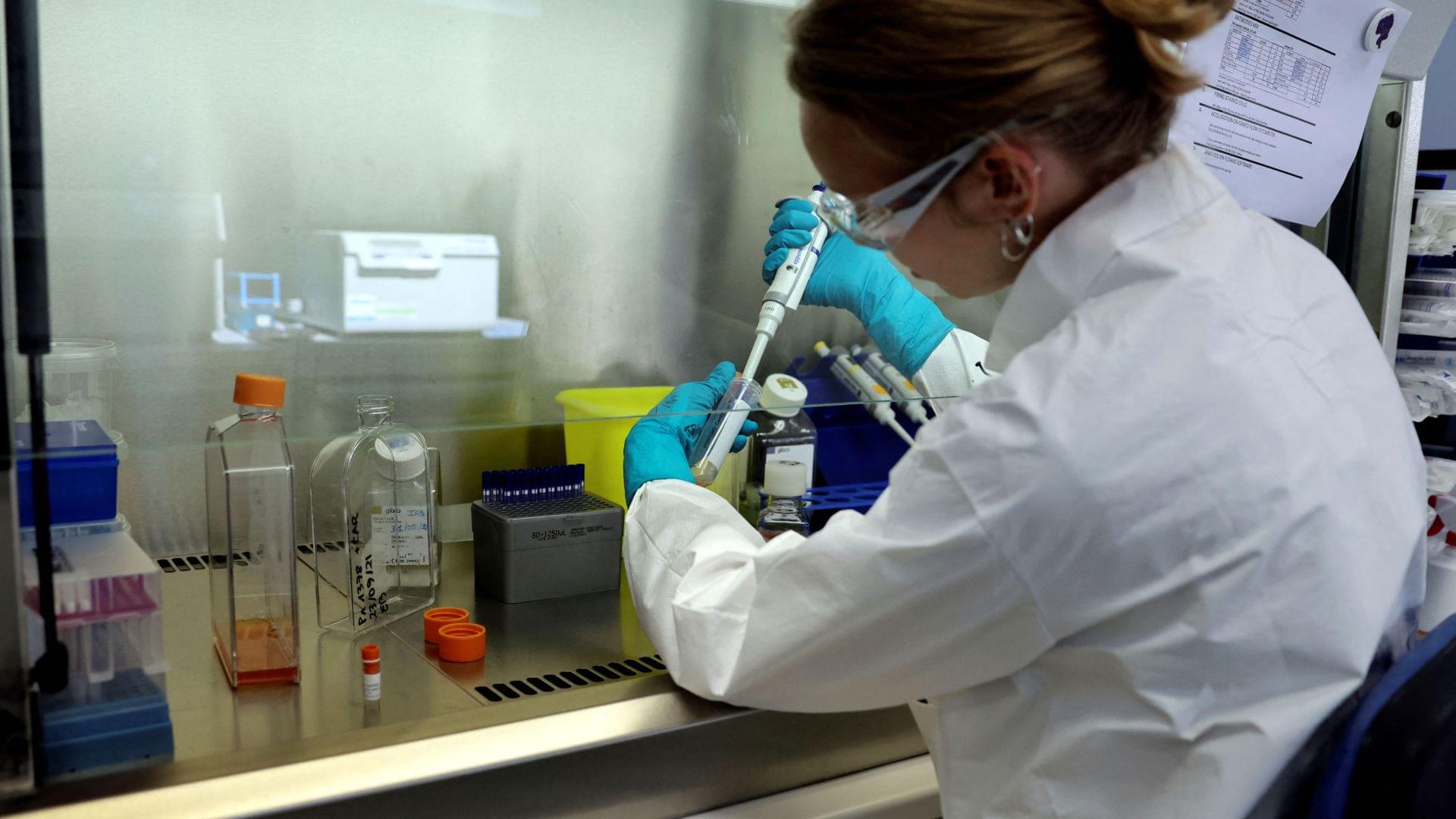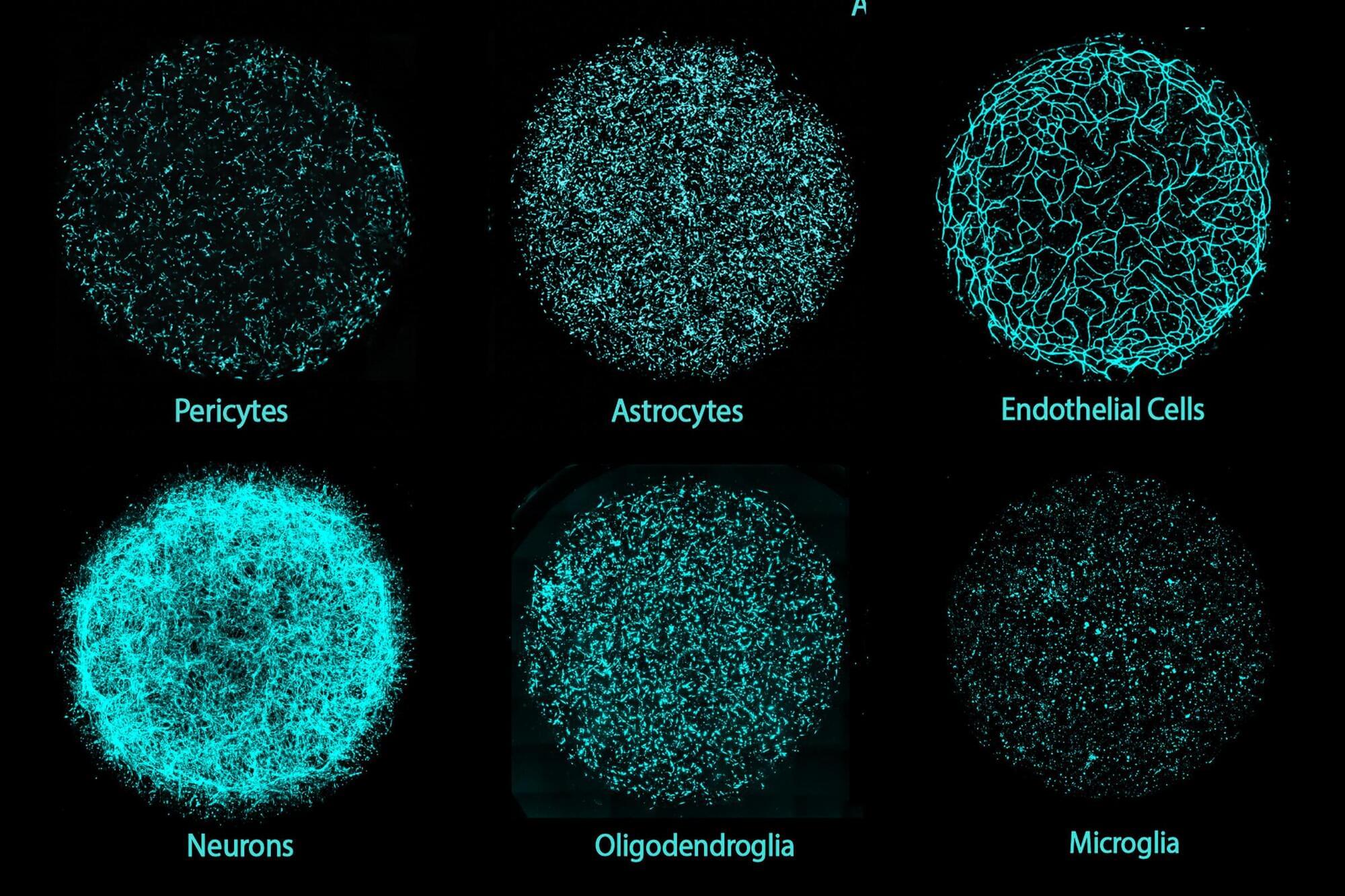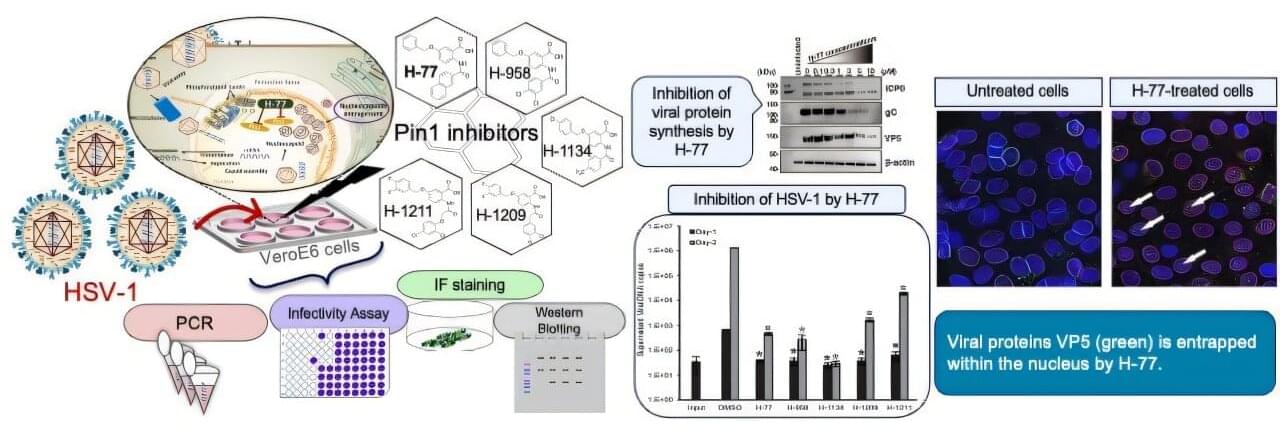NVIDIA’s CEO has revealed that TSMC has produced the first Blackwell chip wafer in America, a massive development towards the future of manufacturing in the nation.
Since the Trump administration took office, efforts to bring manufacturing back to the US have influenced almost every tech giant, with NVIDIA leading the way. The firm announced plans to invest $500 billion in American manufacturing, prompting suppliers like Foxconn and Quanta to set up manufacturing facilities in the US. In a blog post shared by Team Green, it is revealed that TSMC Arizona has begun manufacturing Blackwell on American soil, and Jensen Huang himself paid a visit to Phoenix to celebrate this massive achievement.







